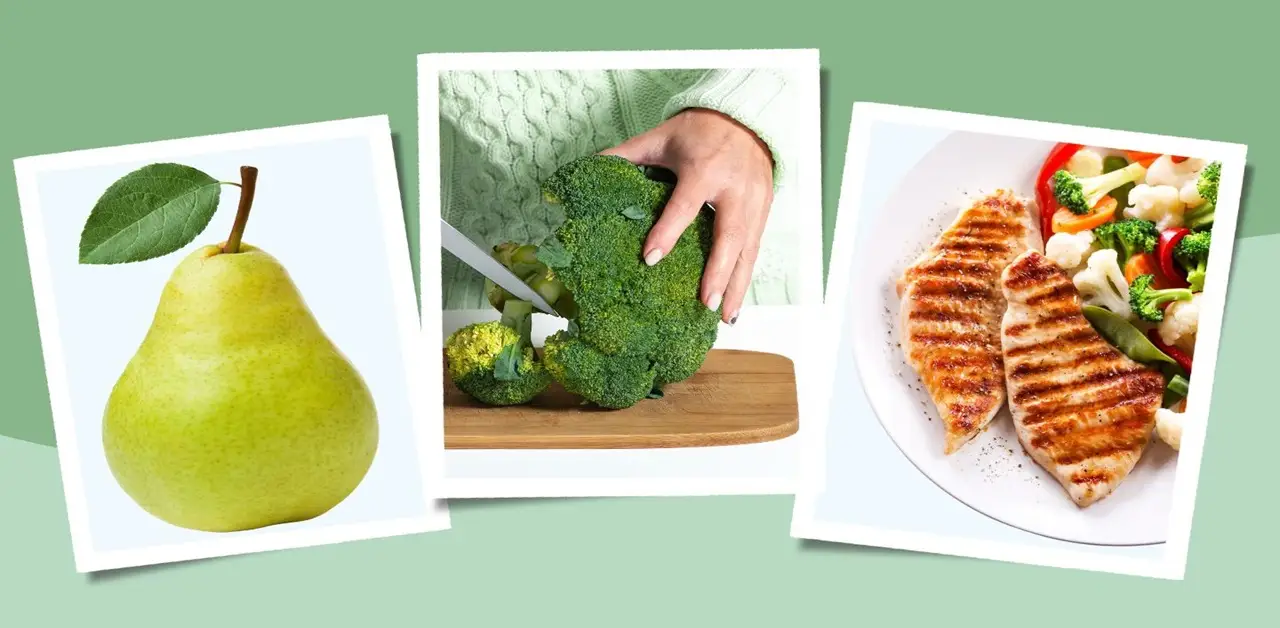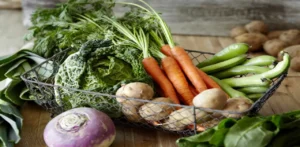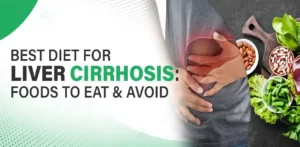Contents
Gastroesophageal Reflux Disease (GERD) is a chronic digestive condition where stomach acid flows back into the esophagus, causing discomfort and potential complications. For those dealing with GERD, dietary choices play a crucial role in managing symptoms and improving quality of life. In this blog post, we’ll explore the best foods for GERD relief, nutrition tips for GERD management, and how you can use the IntRest website to order healthy meals tailored to your specific needs.
Understanding GERD and Its Impact
GERD occurs when the lower esophageal sphincter (LES) becomes weak or relaxes inappropriately, allowing stomach acid to reflux into the esophagus. Common symptoms include heartburn, regurgitation, chest pain, and difficulty swallowing. While medication can help control GERD, dietary and lifestyle changes are essential for long-term management.
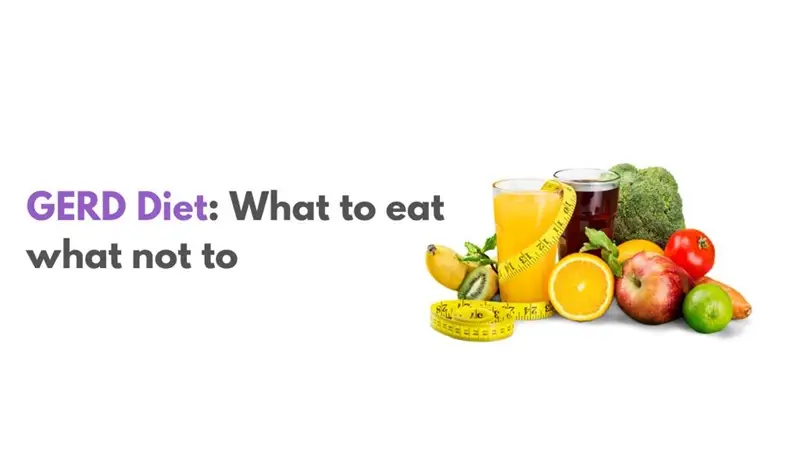
The Importance of a GERD Diet
A well-planned GERD diet can significantly reduce symptoms and improve overall digestive health. The primary goal of a GERD-friendly diet is to avoid foods and beverages that trigger acid reflux and to incorporate those that help soothe and protect the esophagus. Here are key elements of a GERD diet:
- Avoid Trigger Foods: Certain foods are known to trigger GERD symptoms. These include spicy foods, fatty foods, chocolate, caffeine, alcohol, citrus fruits, tomatoes, garlic, and onions. Reducing or eliminating these from your diet can help minimize reflux episodes.
- Choose GERD-Friendly Foods: Incorporating foods that are less likely to cause reflux can help manage GERD. These include:
- Lean Proteins: Skinless poultry, fish, and plant-based proteins.
- Whole Grains: Oatmeal, brown rice, and whole grain bread.
- Vegetables: Green beans, broccoli, asparagus, and other non-acidic vegetables.
- Non-Citrus Fruits: Bananas, melons, apples, and pears.
- Healthy Fats: Avocados, olive oil, and nuts in moderation.
- Eat Smaller, More Frequent Meals: Large meals can increase pressure on the LES and exacerbate symptoms. Opting for smaller, more frequent meals can help reduce this pressure and improve digestion.
- Stay Upright After Eating: Lying down immediately after eating can promote acid reflux. It’s advisable to remain upright for at least 2-3 hours after meals.
- Drink Plenty of Water: Staying hydrated helps with digestion and can dilute stomach acid. However, avoid drinking large amounts of water during meals.
Also Read: “Nourishing Solutions: Your Guide to a Diverticulitis Diet”

GERD-Friendly Meal Ideas and Recipes
Creating meals that are both delicious and GERD-friendly doesn’t have to be challenging. Here are some meal ideas and recipes to get you started:
Breakfast
- Oatmeal with Bananas and Almonds: Oatmeal is a great whole grain that is gentle on the stomach. Top with sliced bananas and a handful of almonds for added nutrition.
- Smoothie with Spinach and Melon: Blend spinach, melon, and a bit of almond milk for a refreshing and soothing smoothie.
Lunch
- Grilled Chicken Salad: Combine grilled chicken breast with mixed greens, cucumbers, and a light olive oil vinaigrette. Avoid adding tomatoes or citrus-based dressings.
- Quinoa and Vegetable Bowl: Cook quinoa and mix with steamed green beans, carrots, and a drizzle of olive oil.
Dinner
- Baked Salmon with Asparagus: Season salmon with a pinch of salt and bake with asparagus for a nutritious, GERD-friendly meal.
- Turkey and Rice Stuffed Bell Peppers: Use bell peppers, lean ground turkey, and brown rice. Season with herbs and bake until tender.
Snacks
- Apple Slices with Peanut Butter: A satisfying and non-acidic snack.
- Carrot Sticks and Hummus: Crunchy carrots paired with protein-rich hummus.
Nutrition Tips for GERD Management
- Keep a Food Diary: Track your meals and symptoms to identify personal trigger foods.
- Chew Food Thoroughly: Proper chewing aids digestion and reduces the risk of reflux.
- Avoid Eating Late at Night: Aim to finish your last meal at least 3 hours before bedtime.
- Elevate the Head of Your Bed: Sleeping with your head elevated can help prevent nighttime reflux.
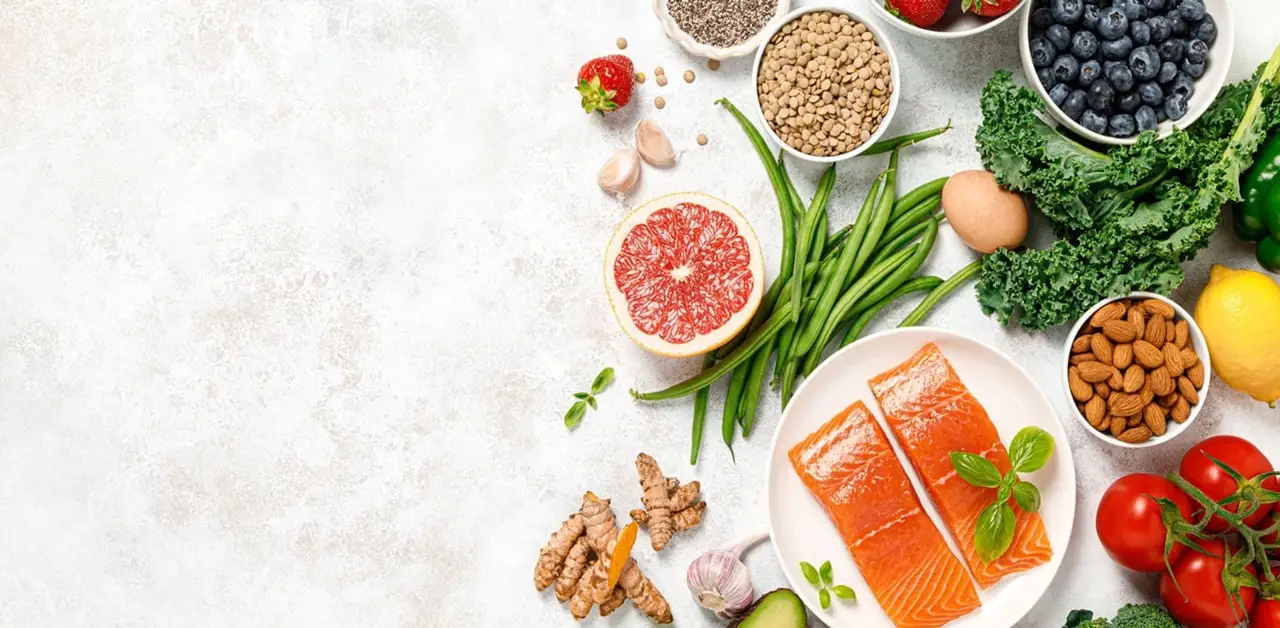
Best Foods for GERD Relief
- Ginger: Known for its anti-inflammatory properties, ginger can help reduce nausea and acid reflux.
- Aloe Vera: Consuming aloe vera juice may help soothe the esophagus and reduce irritation.
- Chamomile Tea: This tea can help reduce stress and improve digestion, making it a good choice for GERD sufferers.
GERD Nutrition Therapy
For those with severe GERD, working with a dietitian or nutritionist can be beneficial. Nutrition therapy involves creating a personalized eating plan that addresses individual triggers and promotes healing. This approach ensures that you’re getting the nutrients you need while managing GERD symptoms effectively.
Also Read: “Constipation Relief Diet: Foods and Tips for Digestive Health”
How IntRest Can Help
Managing GERD requires careful attention to diet, which can be time-consuming and challenging. The IntRest website makes it easier by offering healthy, tailored meal options that cater to your specific dietary needs, including GERD. With filters for diseases, allergies, diet, and personal interests, IntRest provides convenient access to GERD-friendly meals that can help you manage your condition without sacrificing flavor or variety.
Whether you’re looking for healthy meals near you or specific GERD meal ideas, IntRest has you covered. By choosing meals designed for GERD relief, you can enjoy delicious food while taking control of your digestive health.
Visit IntRest today to explore our selection of GERD-friendly recipes and order meals that support your health and well-being.
By following a GERD-friendly diet and utilizing resources like IntRest, you can effectively manage your symptoms and enjoy a healthier, more comfortable life. Remember, small dietary changes can make a big difference in your digestive health.
